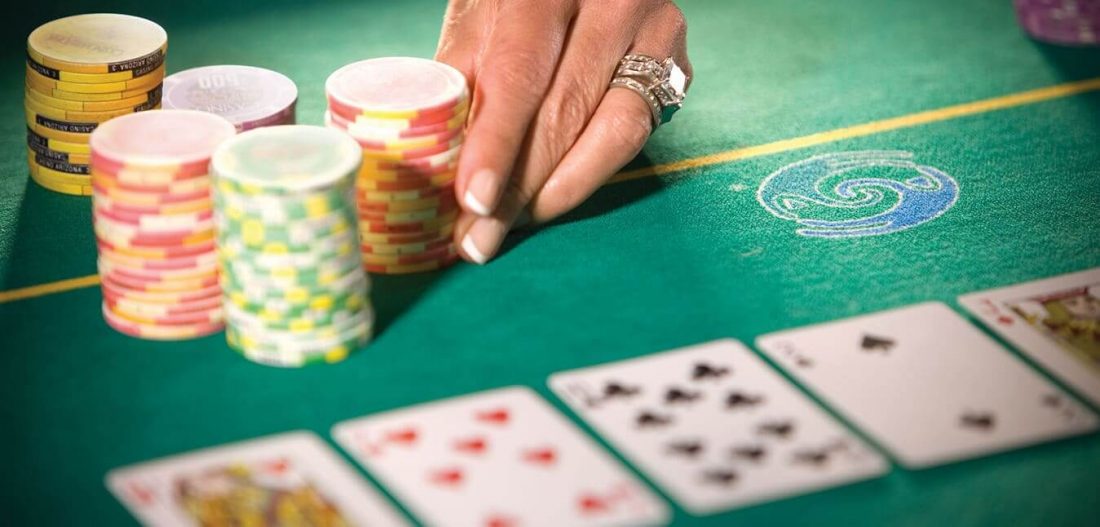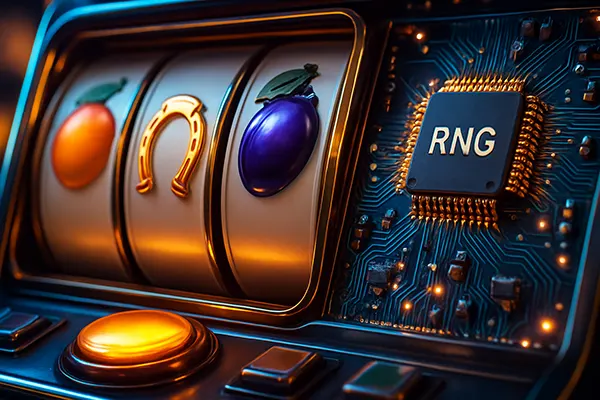
The rules of Omaha poker
This form of poker is as close as possible to the classic version, Texas Hold’em. In fact, Omaha is currently the second most popular game, and is often preferred because of its unusual rules. For example, the dynamics of the game are much stronger, and here the players are more likely to be aggressive.
The first thing to say is that the rules of Omaha and Texas Hold’em are no different, and neither are the rounds.
- the definition of the blinds.
- Flop – 3 cards face down and bidding.
- The turn and bidding again.
- River and subsequent showdown.
The aim of the game is to make the maximum combination.
As far as varieties of gameplay are concerned, it is worth highlighting:
- Cash game, if there is free space at the table the player has the opportunity to take it.
- MTT multi table tournaments.
- SNG single table tournaments.
So what are the differences?
Firstly a player will be dealt 4 cards and not 2. A hand can be formed using 2 pocket cards and 3 cards on the board. For example if a player has 4 one-card suits and only 1 card of the corresponding suit on the board then the flush is impossible. The hand must be exactly 2 of 4 pocket cards and 3 on the board.
Of course this game also has some distinctive features to familiarize with, but first you need to understand what the traditional game is and what the strategies are.

Omaha: Basic Strategies
The first thing to understand is that you have to make a decision right away on the pocket card combination. It is best if there are single-handed cards in the hand, and on the postflop the chances of getting a good combination are very high. But you should always consider that there are only 2 cards available, and an extra high card won’t be as much of an advantage as a full house. And the more players at the game table, the more seriously the starting hand will need to be approached.
The player always has ample opportunity on the overflop, as more combinations can be made and the chance of success is much higher. In Omaha, having a straight or a flush is a common situation, so even if there are 2 pairs on the postflop, you can safely continue.
It is worth noting that the game is quite complex, but also very interesting, and you need to know all the rules of the game exactly, as well as consider the peculiarities. And having experience comes with advantages, not decisive but still very important. So if you are planning to study and play seriously, it is better to enlist the help of an expert. But a smart analysis of your high hand and the cards on the table are the basics that decide everything.
Mistakes
There are a number of mistakes all players should avoid.
- Using unconnected starting cards. A tied hand is a strong set, but if one card doesn’t fit, the chances of failure are greatly increased. So you have to analyse everything.
- playing by Hold’em rules. The rules are a lot stricter here, so you need to adapt right away.
- Drawing the hated draws. Drawing a weak draw will always put the player at a disadvantage. And if he’s holding naked draws, the odds of success are always better.




